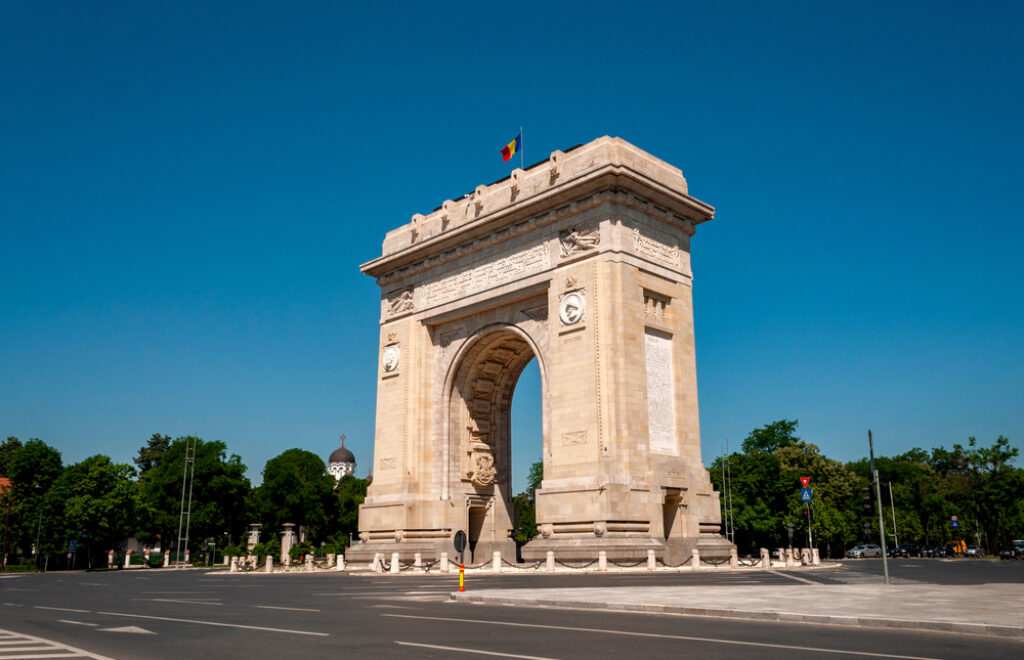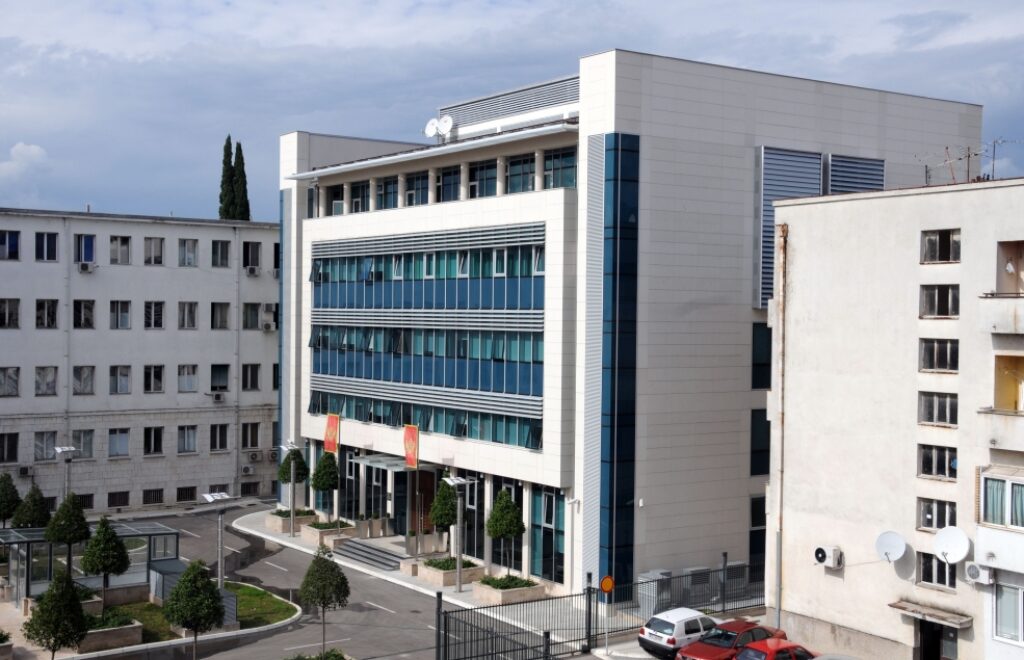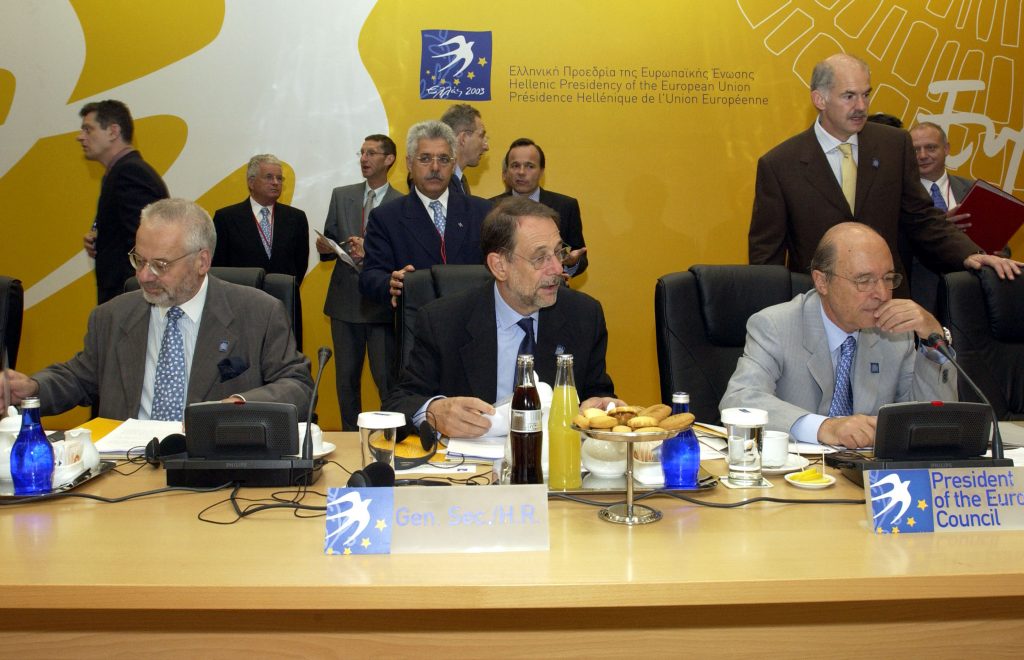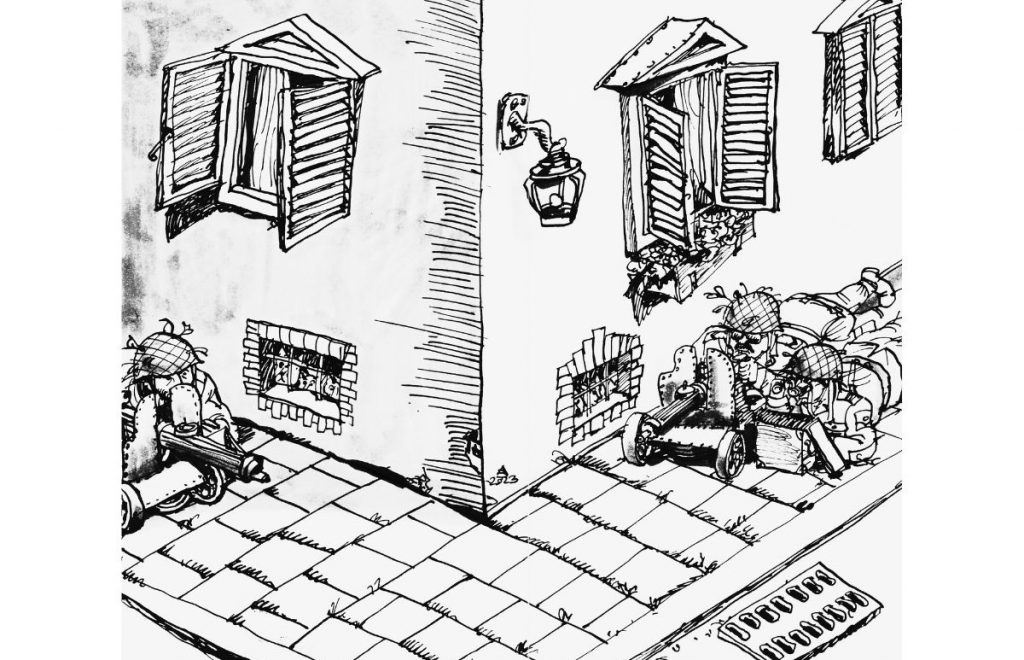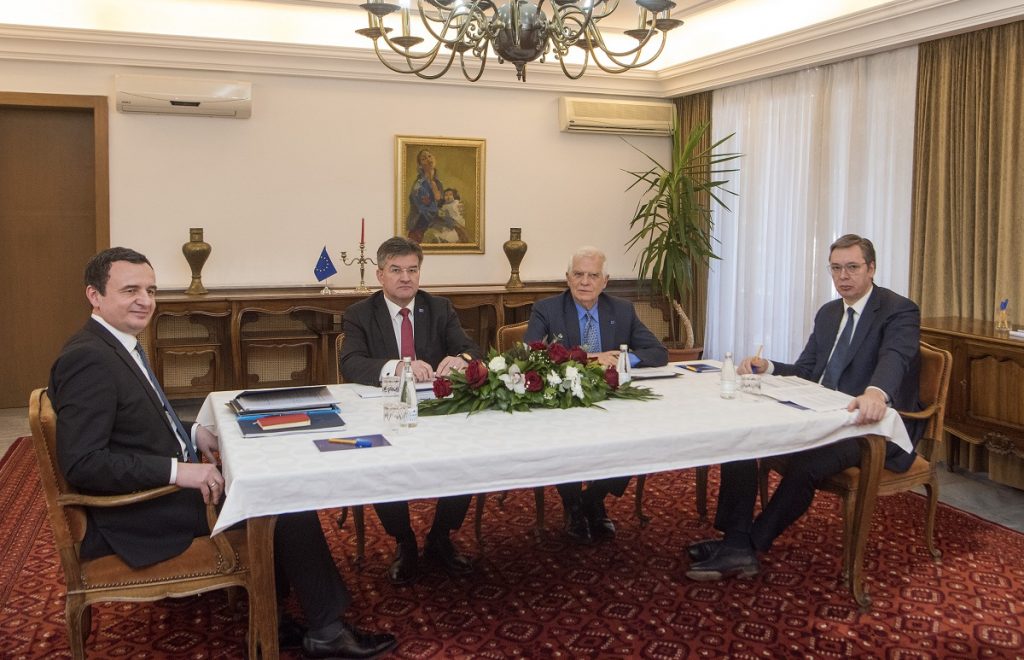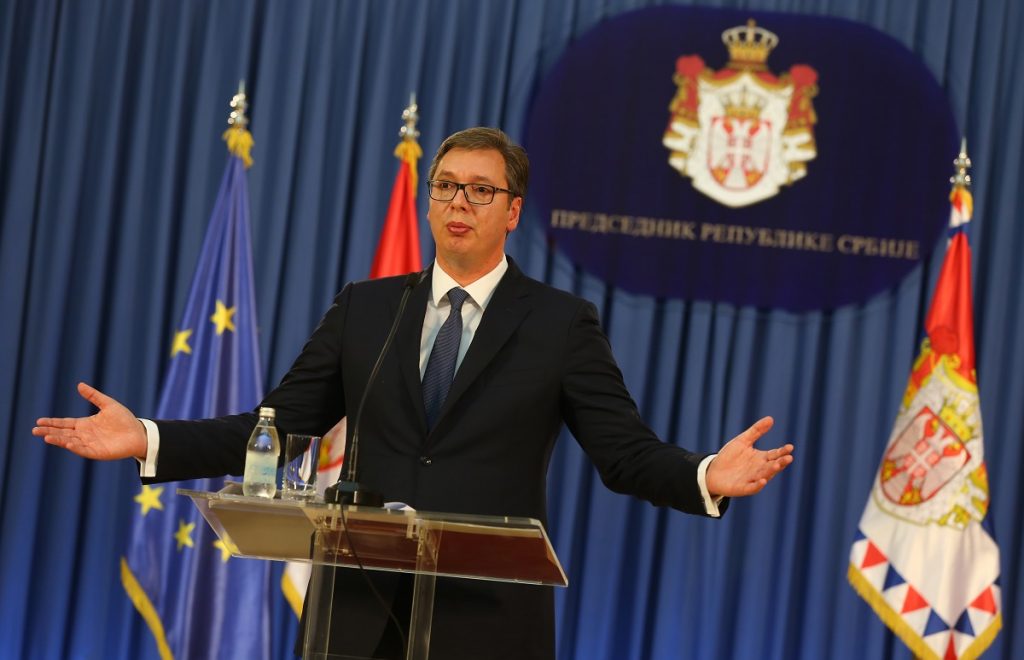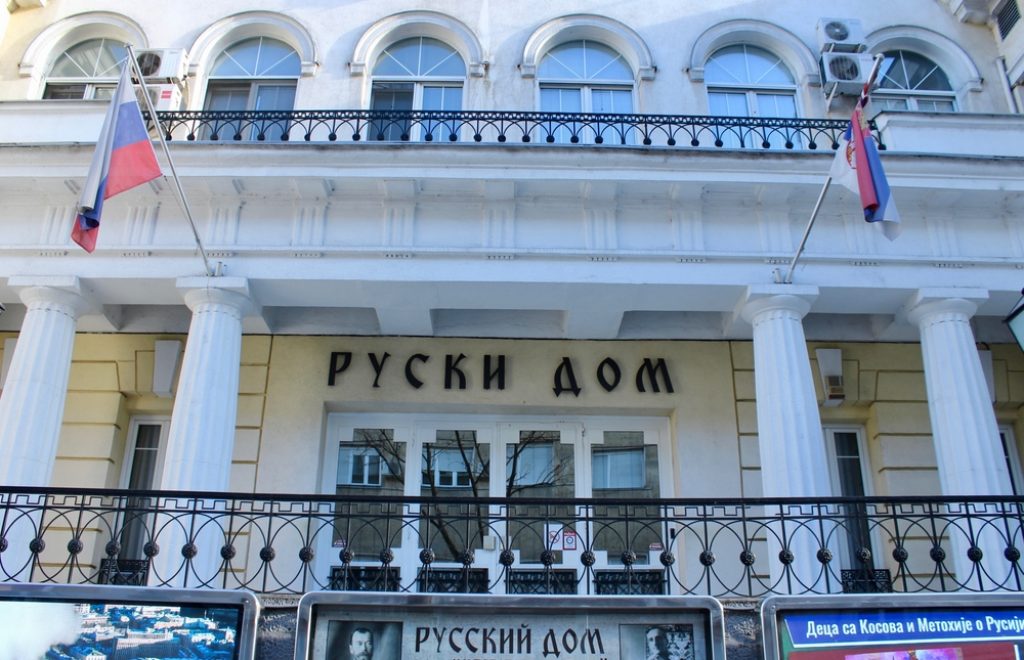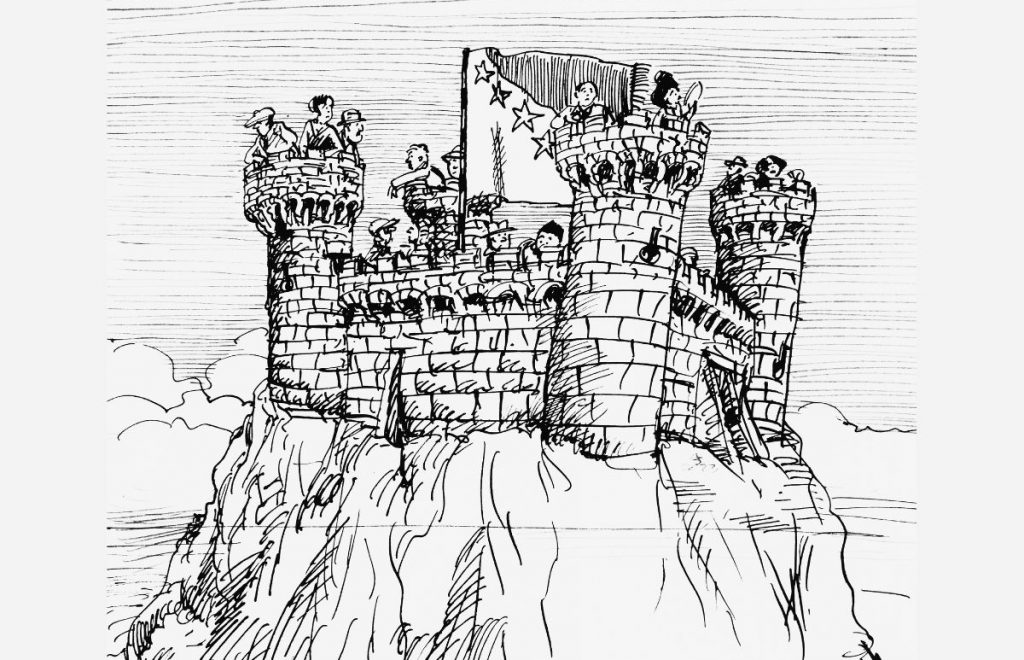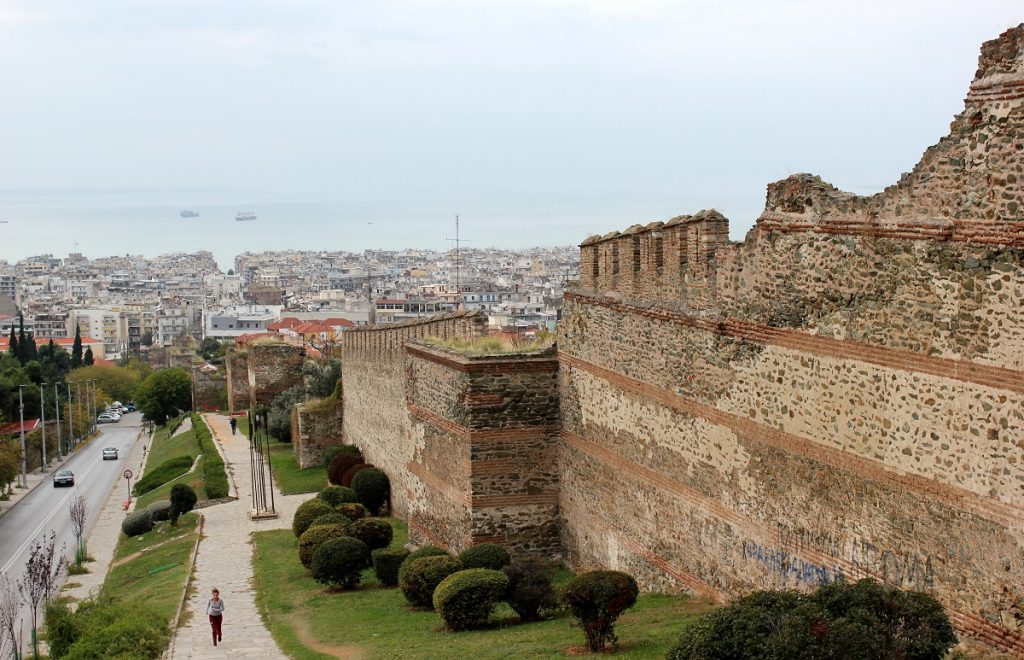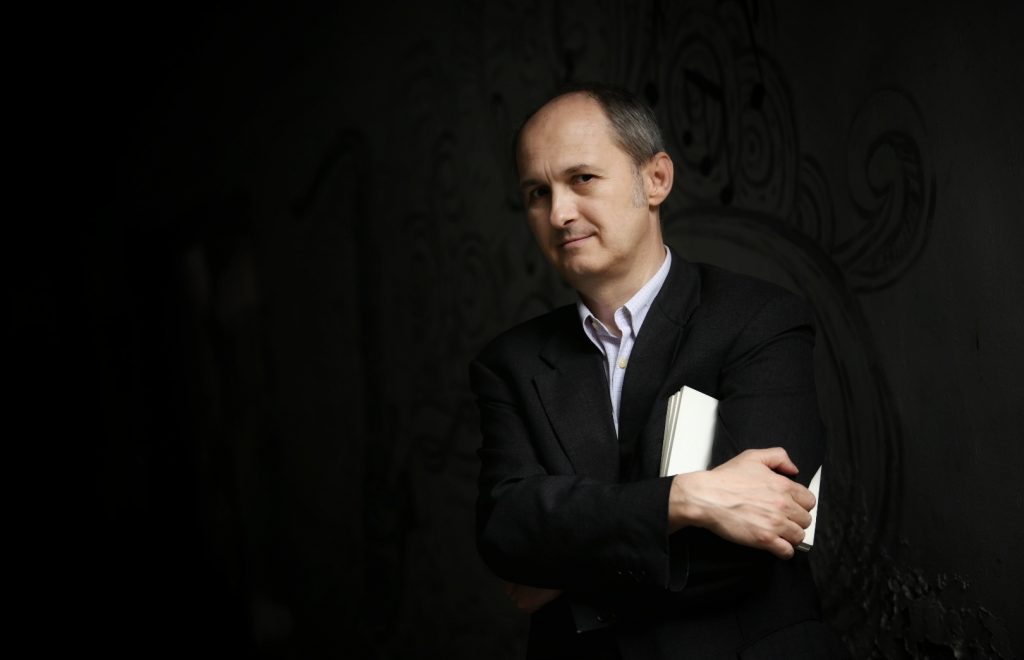What role can Romania play in facilitating Western Balkan integration?
The new geopolitical context stemming from Russia’s ongoing brutal war on European soil has had profound effects on the geopolitical dynamics of the European Union’s enlargement. After many years of inertia and stagnation, enlargement seems to be back at the top of the EU agenda. The geopolitical decision made by the European Council in June 2022 to grant Ukraine and Moldova candidate status was followed by the (re-)opening of previously stagnating accession negotiations with the countries of the Western Balkans (Albania and various ex-Yugoslav states).
February 7, 2024 - Marius Ghincea Miruna Butnaru-Troncotă


